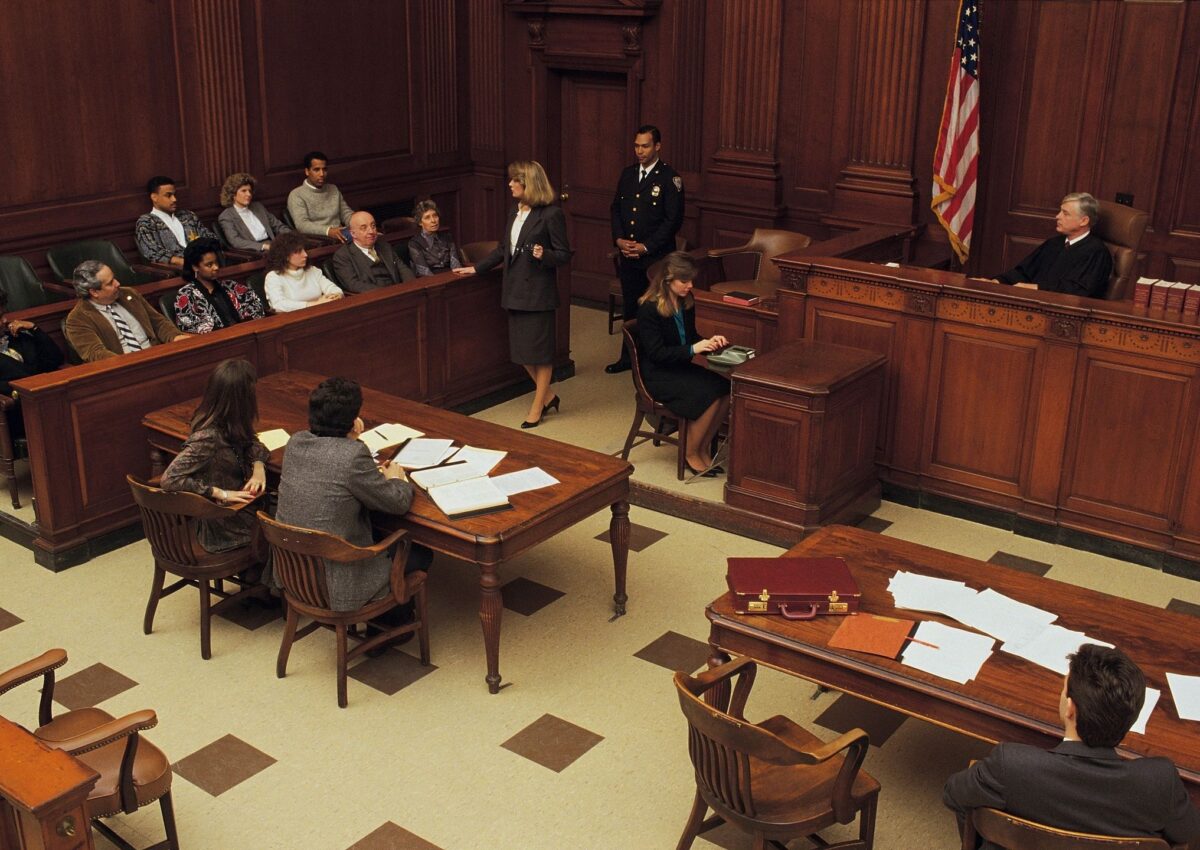
In California, an objection to a question that assumes facts not in evidence is raised when an attorney believes the question presumes the truth of a fact that has not been established through testimony or evidence. This kind of question typically implies or assumes certain facts as true without those facts having been proven in the case. For example, asking a witness, “Why did you decide to flee the scene after causing the accident?” would be objectionable if the fact that the witness fled the scene has not yet been established by the evidence. Such questions can lead to confusion, unfairly influence the jury, or introduce improper assumptions that have not been verified.
When an objection to an assumed fact is made, the judge will consider whether the fact the question assumes has been introduced into evidence. If the fact has not been proven or supported by the evidence, the judge will sustain the objection, and the lawyer will be required to rephrase the question in a way that doesn’t assume unproven facts. This rule ensures that all questions posed during a trial are based on established facts and evidence, promoting a fair and orderly presentation of the case. It also protects against the introduction of misleading or biased information that could unfairly influence the outcome of the trial.
Visit: https://inlandempirelitigation.com/
Law Offices of James R. Dickinson – 909-848-8448
How To Schedule A Consultation:
Please call us at 909-848-8448 to schedule a free consultation/case evaluation or complete the form immediately below. [Please note certain formalities must be completed to retain the Law Offices of James R. Dickinson, such as the signing of a legal fee agreement [see “Disclaimers”]].
